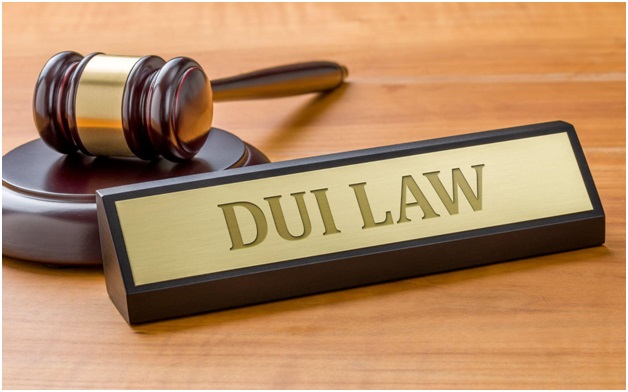Driving Under the Influence (DUI) is a serious offense with severe consequences that extend beyond the immediate incident. In this exploration, we delve into the legal aftermath of DUI, shedding light on the potential penalties individuals may face. From license suspensions and fines to court-mandated programs, understanding the full spectrum of repercussions is crucial.
Whether you’re seeking information for yourself or to raise awareness, this concise guide provides insights into the impact of DUI convictions and serves as a reminder of the importance of responsible and sober driving. Recognizing the signs of a weak DUI case becomes imperative in navigating legal complexities and building a robust defense.
License Suspensions and Revocations
DUI convictions frequently result in the suspension or revocation of an individual’s driver’s license, with the duration contingent on factors like previous offenses and blood alcohol content. The loss of driving privileges can have profound repercussions on daily life, influencing employment, family obligations, and overall mobility. This significant consequence underscores the gravity of driving under the influence, emphasizing the need for responsible choices on the road to mitigate the far-reaching impact on various aspects of one’s personal and professional life.
Financial Penalties and Fines
DUI convictions carry substantial financial consequences, imposing considerable fines, court expenses, and restitution payments on offenders. These financial penalties are strategically designed to discourage individuals from driving under the influence, serving as a deterrent and helping offset the costs associated with legal proceedings and law enforcement efforts. By placing a tangible economic burden on those convicted of DUI, the legal system aims not only to punish but also to dissuade future instances of impaired driving, emphasizing the societal commitment to fostering safer roads and deterring behaviors that pose a risk to public safety.
Court-Mandated Programs and Probation
DUI offenders may be required to attend alcohol education or treatment programs as part of their sentence. Additionally, probation may be imposed, involving regular check-ins with a probation officer and adherence to specific conditions, such as abstaining from alcohol and submitting to drug tests.
Ignition Interlock Devices: Monitoring Sobriety
Some jurisdictions mandate the installation of ignition interlock devices (IIDs) for individuals with DUI convictions. These devices require the driver to pass a breathalyzer test before starting the vehicle. IIDs are designed to prevent intoxicated individuals from operating a vehicle and serve as a measure to enhance road safety.
Impact on Insurance Rates and Future Employment
A DUI conviction can lead to increased insurance premiums due to the elevated risk associated with the individual. Moreover, it may affect future employment opportunities, as employers often conduct background checks. Certain professions, especially those requiring driving responsibilities, may be particularly sensitive to DUI convictions, impacting career prospects and advancement opportunities.
In conclusion, understanding the comprehensive spectrum of DUI consequences is crucial. Beyond legal penalties, the far-reaching ramifications impact personal and professional aspects of life. Staying informed serves as a vital reminder to prioritize responsible choices, fostering safer roads and minimizing the enduring impact of a DUI conviction. Recognizing DUI as a criminal offense further underscores the need for heightened awareness and a commitment to preventing impaired driving.

